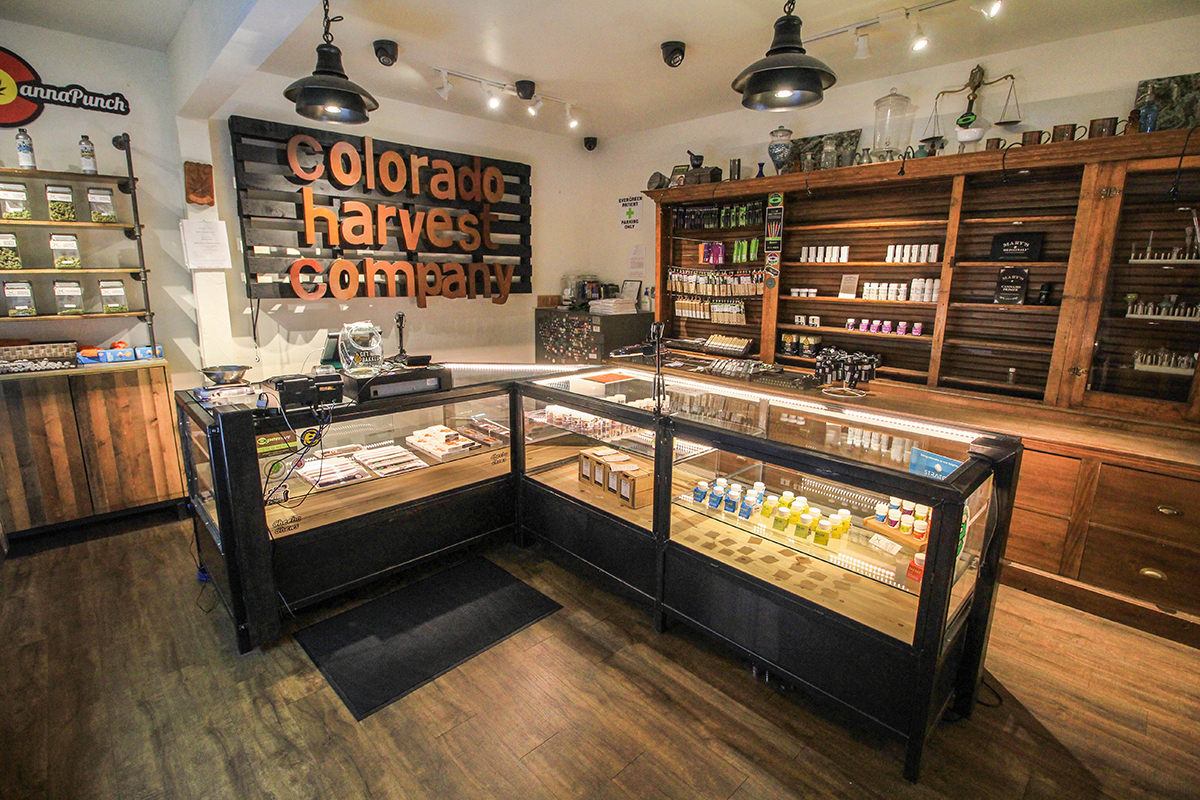When we think about the term ‘dispensary,’ it’s not just a place where cannabis products are sold; it signifies a significant shift in how we approach wellness and recreation. For residents and visitors alike, finding a reputable recreational cannabis dispensary in Washington provides access to regulated products in a safe, educational environment. The concept of a dispensary goes beyond mere transactions; it involves a delicate balance of education, community, and responsibility. As we explore the multifaceted meaning of dispensaries, we uncover a world where knowledge meets choice, and where individuals can find tailored solutions to enhance their well-being.
The Origins of Dispensaries
Dispensaries have a rich history dating back to ancient civilizations, where they served as essential centers for distributing medicinal herbs and remedies. The concept progressed over time, adapting to changing societal needs. In ancient Mesopotamia, clay tablets from 2600 BC mention the distribution of beer for medicinal purposes. In ancient Egypt, temples functioned as dispensaries, providing treatments using various herbs and minerals. Greek civilization advanced these practices, with Hippocrates establishing a medical school where students learned about herbal remedies. These early dispensaries laid the foundation for modern pharmacies and cannabis dispensaries, shaping how plant-based medicines are distributed today.
Types of Dispensaries
The landscape of dispensaries includes diverse types catering to various needs and preferences. Medical dispensaries focus on providing cannabis products for therapeutic purposes, often requiring patient registration and documentation. Recreational dispensaries offer products for adult use without medical prerequisites, emphasizing responsible consumption. Some dispensaries specialize in serving specific demographics, such as seniors or veterans, with tailored products and services. Online dispensaries have gained popularity by offering convenience and accessibility, though they must comply with state-specific shipping regulations. Understanding these different types helps consumers make informed decisions about their cannabis needs.
Regulations and Compliance
Stringent regulations and compliance standards govern dispensary operations at local, state, and federal levels. These regulations cover licensing requirements, security measures, product testing, labeling standards, and inventory tracking. Compliance ensures consumer safety, prevents illegal activities, and maintains market integrity. Washington state, for example, requires dispensaries to verify customer age, track all products from seed to sale, and submit to regular inspections. Dispensaries must maintain detailed records and follow strict guidelines for advertising and packaging. Non-compliance can result in fines, suspension, or license revocation. By adhering to these regulations, dispensaries contribute to responsible industry growth while providing access to safe, quality products.
Products Offered in Dispensaries
Dispensaries offer a diverse range of products reflecting the dynamic preferences and needs of cannabis consumers.
- Flower: Traditional cannabis buds remain popular, available in various strains with different effects, aromas, and potency levels.
- Edibles: These alternatives to smoking include gummies, chocolates, and beverages, providing precise dosing and longer-lasting effects.
- Concentrates: Highly potent products like oils, waxes, and shatter cater to experienced users seeking intense effects with smaller doses.
Most dispensaries also carry tinctures, topicals, capsules, and pre-rolls, ensuring options for both novice and experienced consumers with varying preferences and needs.
Visiting a Dispensary
First-time dispensary visitors typically encounter a security check verifying age and identification before entering a showroom with cannabis products displayed professionally. The layout organizes items by category—flower, edibles, concentrates, and topicals—with detailed information about potency, terpene profiles, and potential effects. Knowledgeable staff provide guidance on product selection based on individual preferences and desired outcomes. Many dispensaries create comfortable environments with digital menus, sample displays (without active THC), and educational materials. The purchasing process follows strict protocols for tracking and packaging, ensuring products leave the facility in child-resistant, properly labeled containers that comply with state regulations.
Related Topics:

